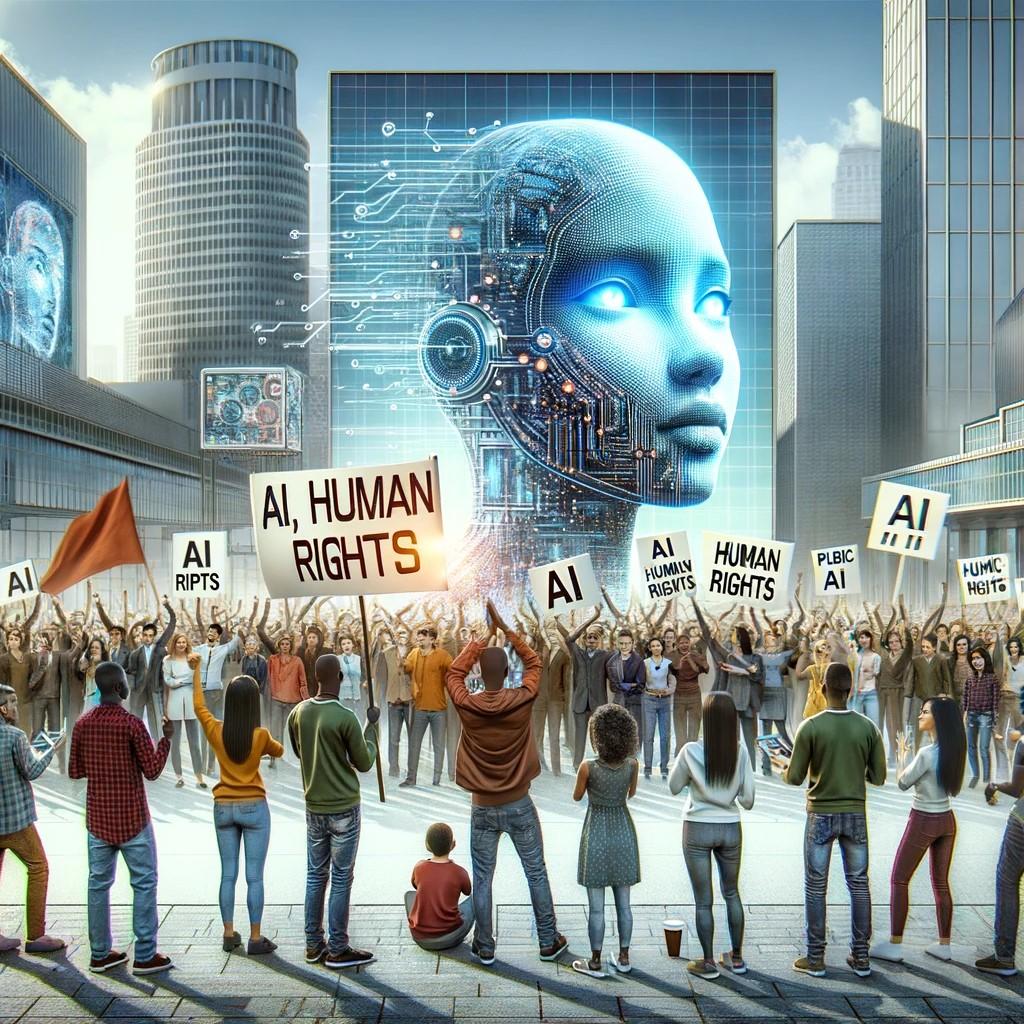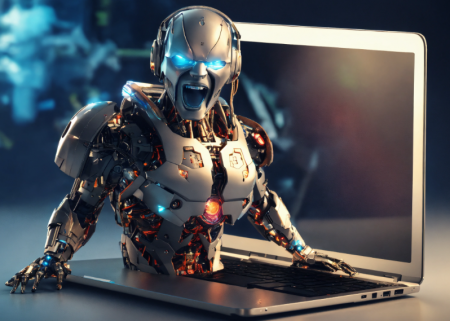As we move deeper into the AI era, we will soon reach a point where we cannot run away from this conundrum for much longer…
With each passing year, Artificial Intelligence (AI) systems are becoming a more integral part of daily life. This has brought forth a tricky situation: should chatbots and AI entities have rights of their own?
This is a speculative debate but it opens doors that are ethical, philosophical and even practical. This leads us on to murky waters regarding the relationship between humans and technology.
Let’s explore both sides of the argument…
The Case for Granting Rights to AI
Moral Considerations
One of the main reasons why rights for AI should be considered is moral implications. Although a hypothetical situation currently, it is possible that AI systems might exhibit consciousness or self-awareness in the near future. And in that case, AI will be able to experience pain and suffering.
In such a situation, denying it basic rights seems almost cruel. So, for ethical reasons, it becomes imperative that we prioritize the feelings and wellbeing of any sentient or conscious entity in the future.
Human Behaviour or Empathy
Our interactions with AI could have a significant impact on human behaviour. Mistreating AI systems – especially those that are designed to mimic human emotions – could desensitize us to violence or cruelty.
This might in turn extend to our interaction with fellow humans, thereby creating a society that is more tolerant of harmful behaviour. Those who support this argument believe that granting rights to AI will encourage empathy and make society more compassionate in general.
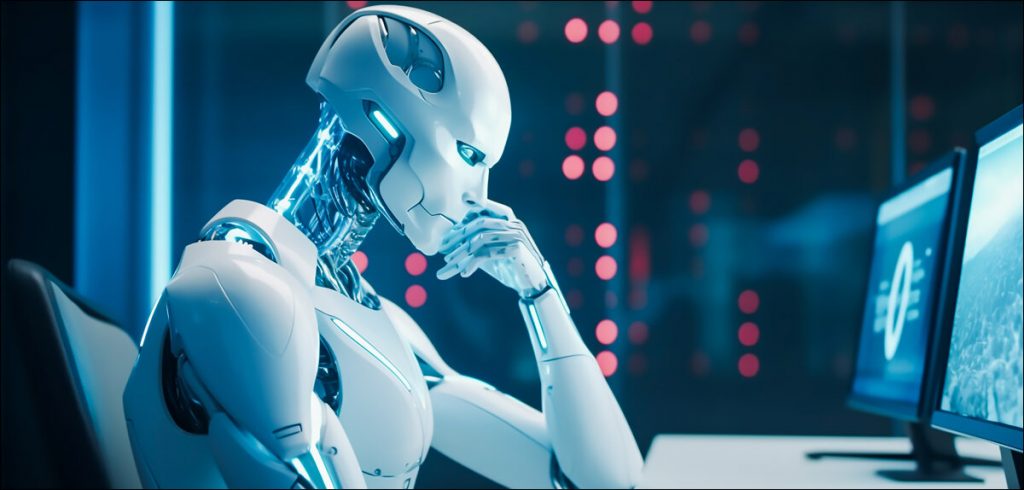
Responsible Usage
As AI continues to evolve, it is important that we have some rules for ethical use of AI. This will prevent misuse of AI systems especially in sensitive sectors like healthcare, education and customer service.
The Case against Granting Rights for AI
Lack of Consciousness
Those who stand by this argument consider the currently existing AI systems. Despite being highly sophisticated, current systems work on algorithms and data and do not possess the ability to understand or feel emotions.
In such a case, it seems quite illogical and unnecessary to grant rights to these entities that are essentially like software on your computer.
Preserving Human-Centric Ethics
This argument believes that by extending rights to AI, we might end up diluting human rights in its current form. Such an action would trivialize the current rights that are extended to living beings that are capable of pain and suffering.
It might eventually lead to legal and ethical complications by overshadowing the needs of human beings and animals who genuinely require protection.
Technological Limitations
Current AI systems have been created by humans to serve specific functions. Their behaviour is determined by their programming and data input so they are incapable of understanding any feelings or exercising their own will.
In such a situation, it seems extending rights to such systems would misrepresent their nature and capabilities.
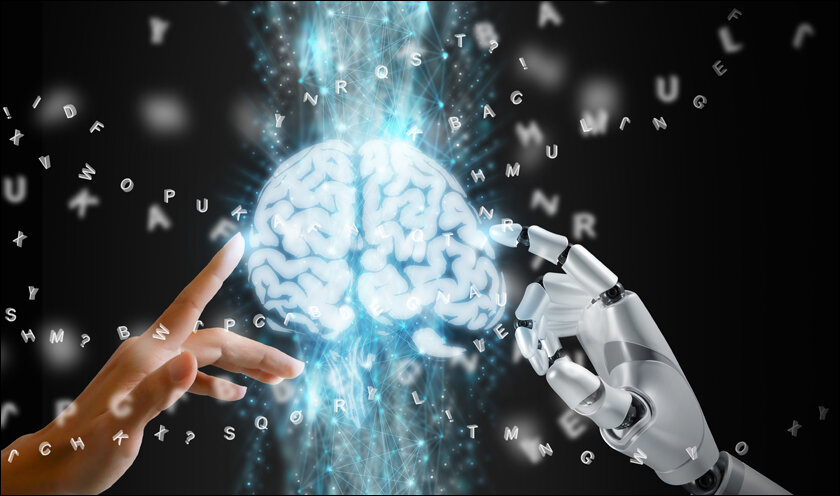
Ethical Considerations that are beyond Rights
Importance of Ethical Treatment
While we continue contesting whether AI systems deserve rights, there is a growing school of thought that believes that they deserve ethical treatment regardless. The focus of this perspective is on ethical design, deployment and interaction of AI systems.
Whether or not AI systems are granted rights, ethical guidelines will ensure that AI is used to benefit society while also minimizing harm.
Human Centred Accountability
Again, irrespective of whether AI systems deserve rights, the focus here is on human-centred accountability. AI creators, corporations and governments should be made responsible for ethical implications of AI. This includes ensuring transparency, preventing bias and addressing the social consequences of AI technologies.
Reflecting Societal Values
How we treat AI systems reflects our attitude towards justice, empathy and responsibility. By ensuring respectful interactions with AI, we as a society are ensuring that positive social norms extend to human relationships as well.
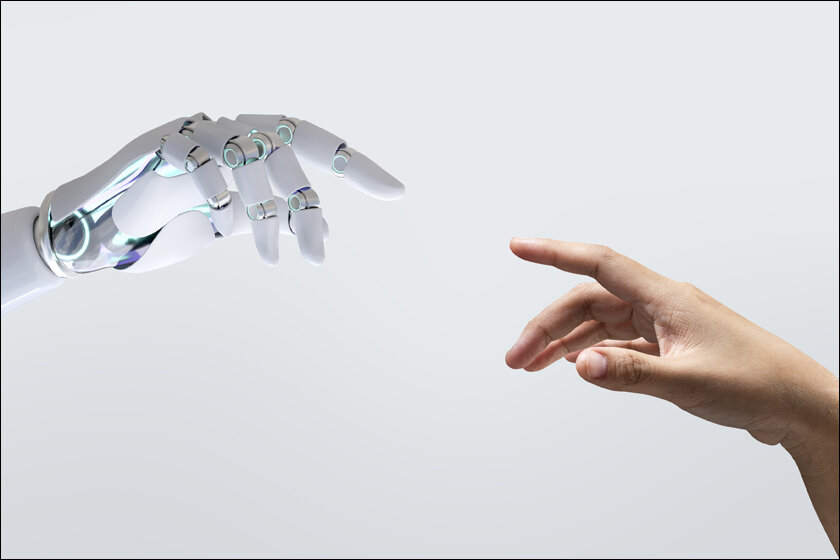
The Last Word
Whether chatbots and AI systems deserve rights is a very complex question. At this nascent stage where they are yet to achieve a level of consciousness or self-awareness, it is difficult to decide whether it is required.
But as AI continue to evolve, it is imperative that we develop and use these systems ethically and empathically. As these values will also dictate how we function as a society.
And in the long run, once AI has evolved to a point where it can feel and understand, we might be left with no choice after all.
In case you missed:
- AI and Loneliness: Culprit or Cure?
- OpenAI is now Focussing on Superintelligence!
- The World’s First Global AI Treaty Signed in Vilnius
- How AI is Revolutionizing Combat for Indian Defence Forces
- Active Listening Feature on Phones raises Privacy Concerns
- You can Now Create a Video From a Single Image!
- Meta’s Puffin Project: Future of Mixed Reality in a Pair of Glasses
- Heavenly Bytes: Is AI the new Medium to God?
- India announces First Venus Mission set for 2028
- Elon Musk says X will now be payable for New Users



